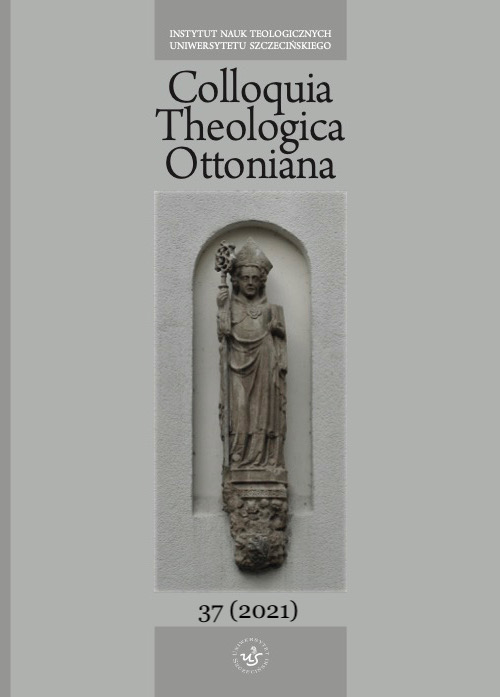Wolność religijna w kontekście chrześcijańskich mniejszości religijnych w regionie MENA
Religious freedom in the context of Christian religious minorities in the MENA region
Author(s): Justyna SalamonSubject(s): Politics / Political Sciences, Christian Theology and Religion, Social Sciences, Law, Constitution, Jurisprudence, International Law, Human Rights and Humanitarian Law, Political Theory, Sociology, Theology and Religion, Politics and religion, Sociology of Culture, Sociology of Law, Geopolitics, Identity of Collectives
Published by: Wydawnictwo Naukowe Uniwersytetu Szczecińskiego
Keywords: Christians; freedom; religion; tolerance
Summary/Abstract: The aim of this article is to analyse the religious, social, and political situation of Christians in Muslim countries in the MENA region (North Africa and the Middle East). The first part of this article presents considerations and definitions. In addition to the historical outline, information relating to the contemporary situation during the COVID-19 pandemic is presented. The focus of the research was to answer the question of how the situation of Christians has changed. Did the restrictions introduced affect the celebration of religious practices? Were Christians discriminated against in accessing health care and social assistance? Attention was also paid to the statistical data published both by the Christian non-profit organisation “Open Doors” and by the American non-profit organisation “Freedom House.” This article uses the historical method, also known as the genetic method. Its main purpose is a chronological description of the evolution of the status of religious minorities in Muslim countries. A comparative method devised by Arendt Lijphart was also used. Romanian religious scholar Mircea Eliade was also a proponent of combining the comparative and historical methods. Eliade believed that religious studies should use two mutually complementary methods: the phenomenological description of religious structures and the historical-comparative method – a holistic approach to religion. In the context of research, the general concept of man, according to which he is a religious being (“homo religiosus”), is relevant. Reference was made to relevant Spanish-language. The last part of the article compares the persecution of Christians with the phenomenon of Islamophobia to show the similarities or differences between the two negative phenomena.
Journal: Colloquia Theologica Ottoniana
- Issue Year: 2021
- Issue No: 37
- Page Range: 189-204
- Page Count: 16
- Language: Polish

